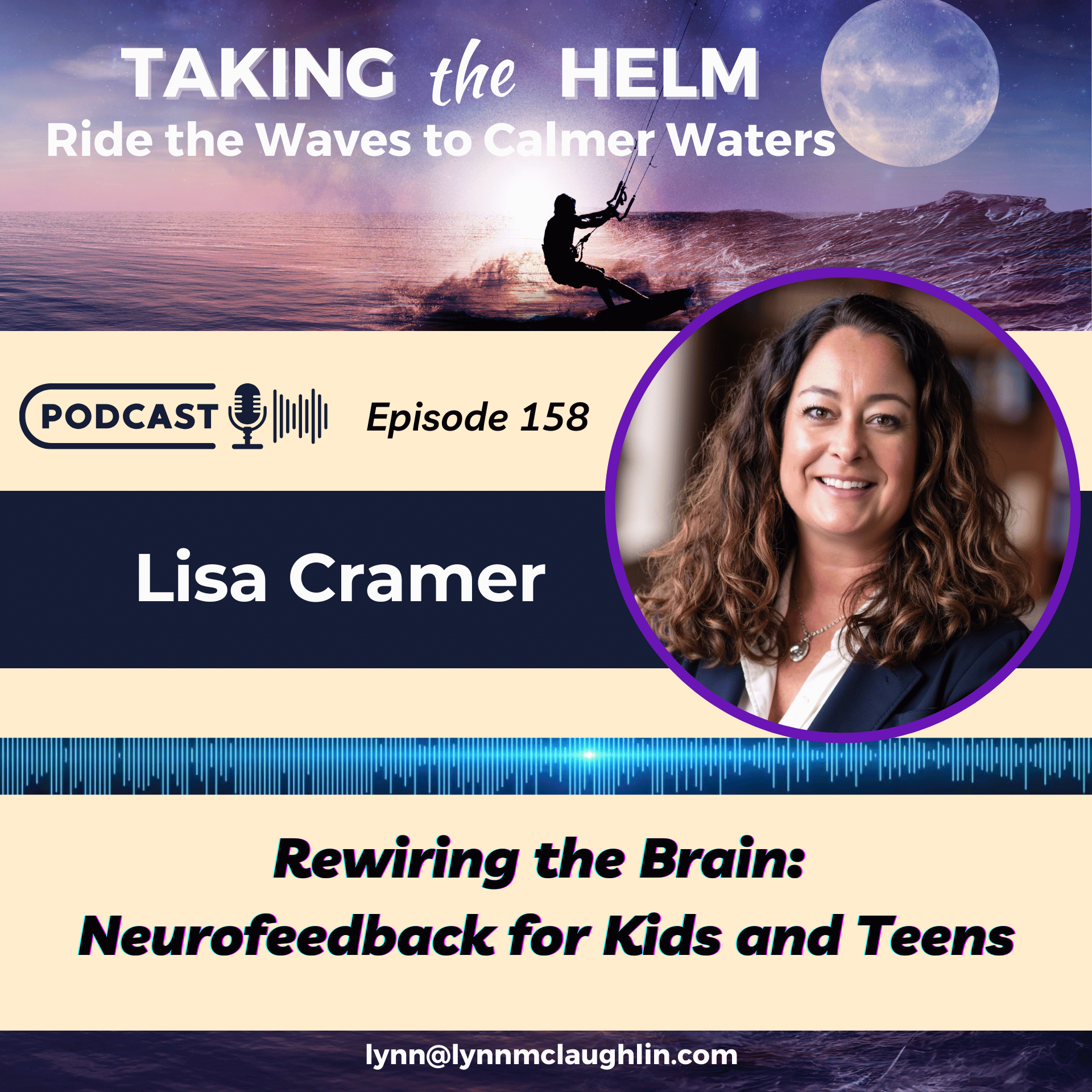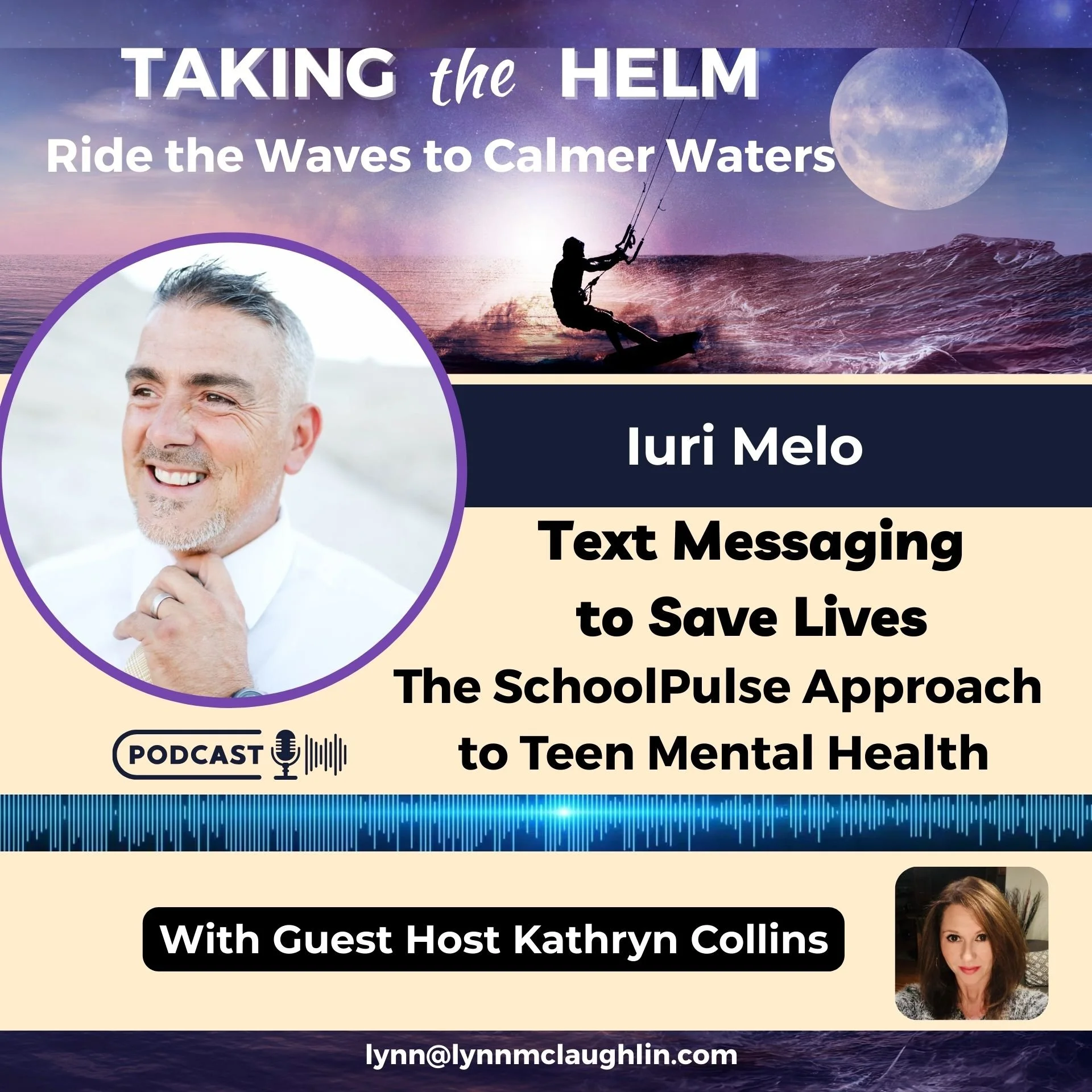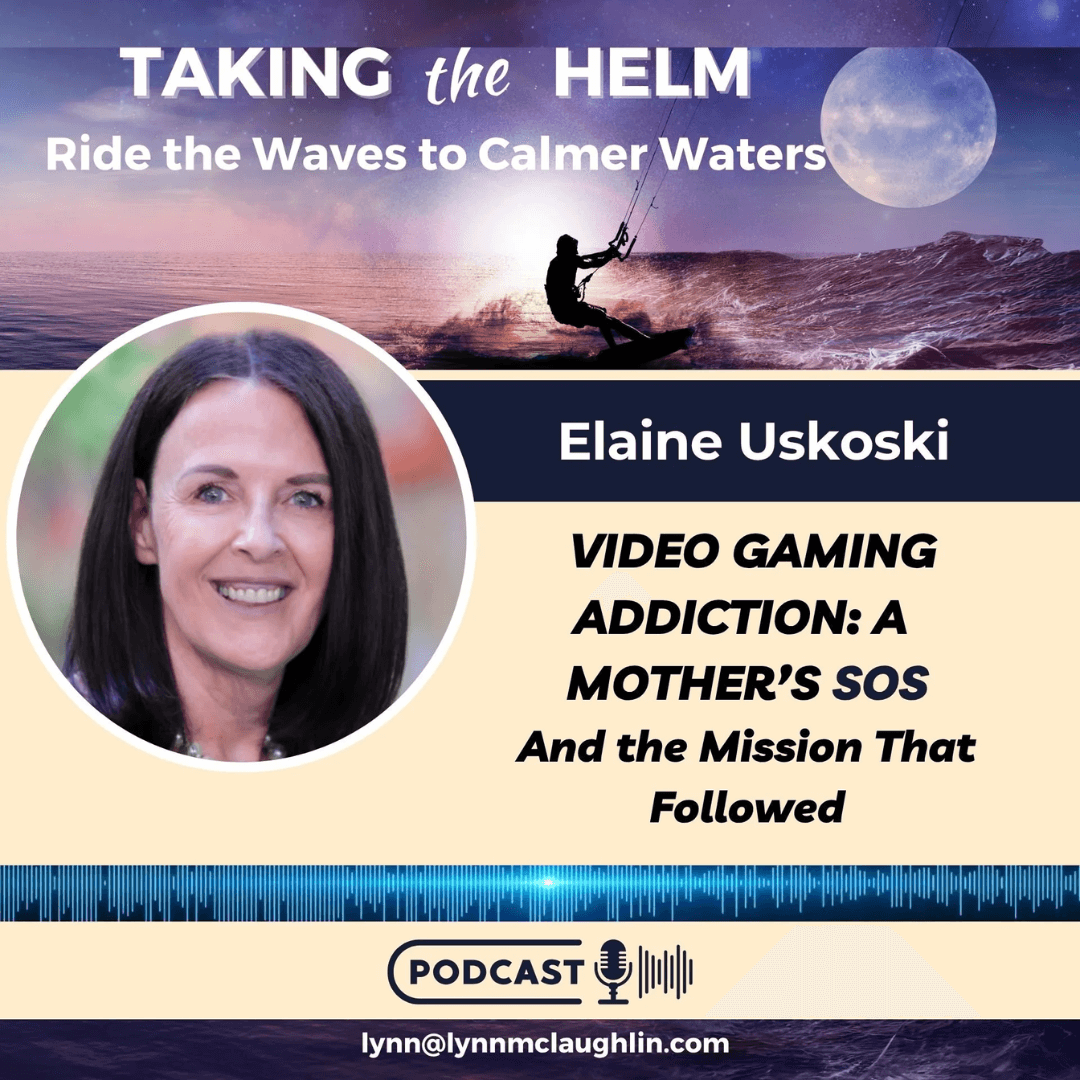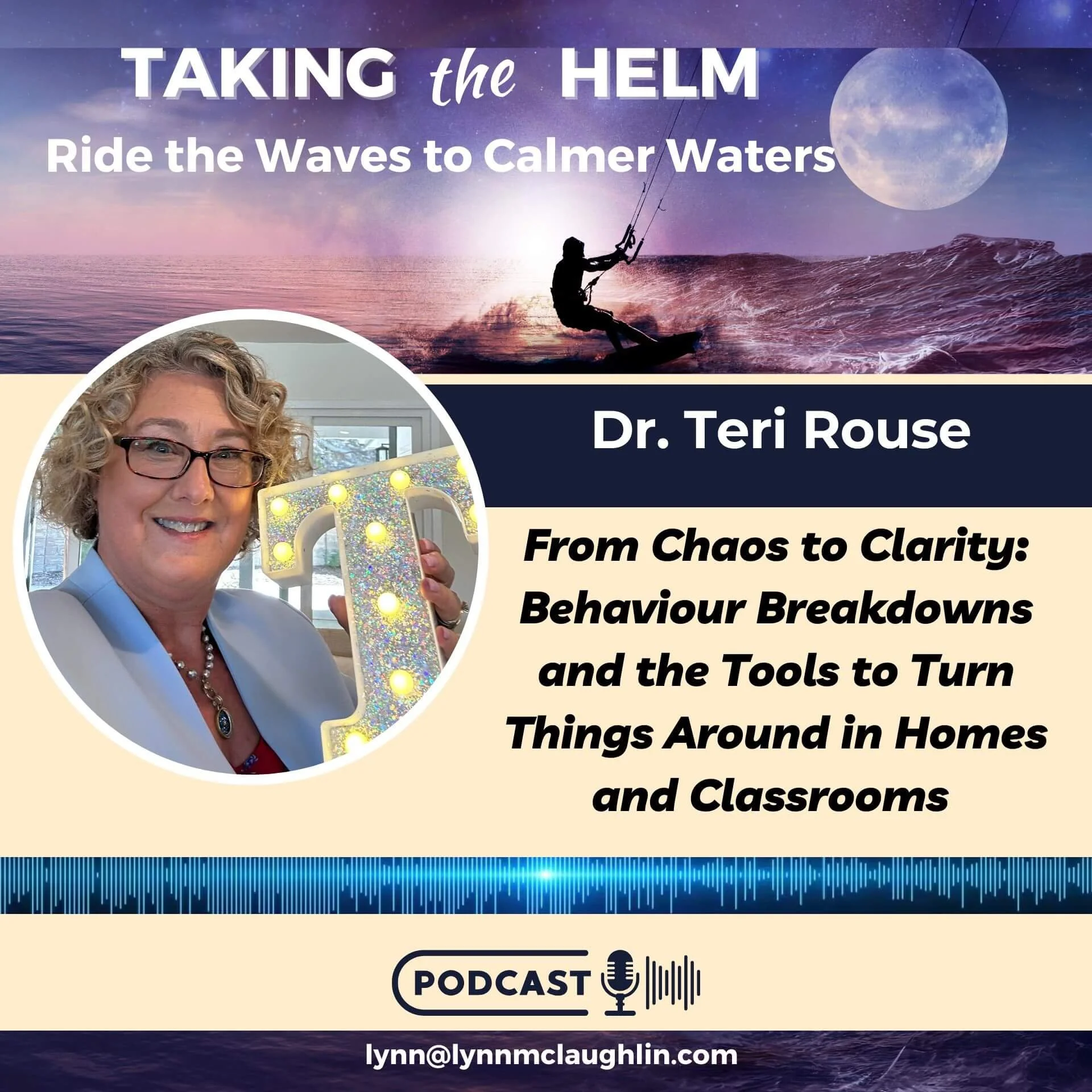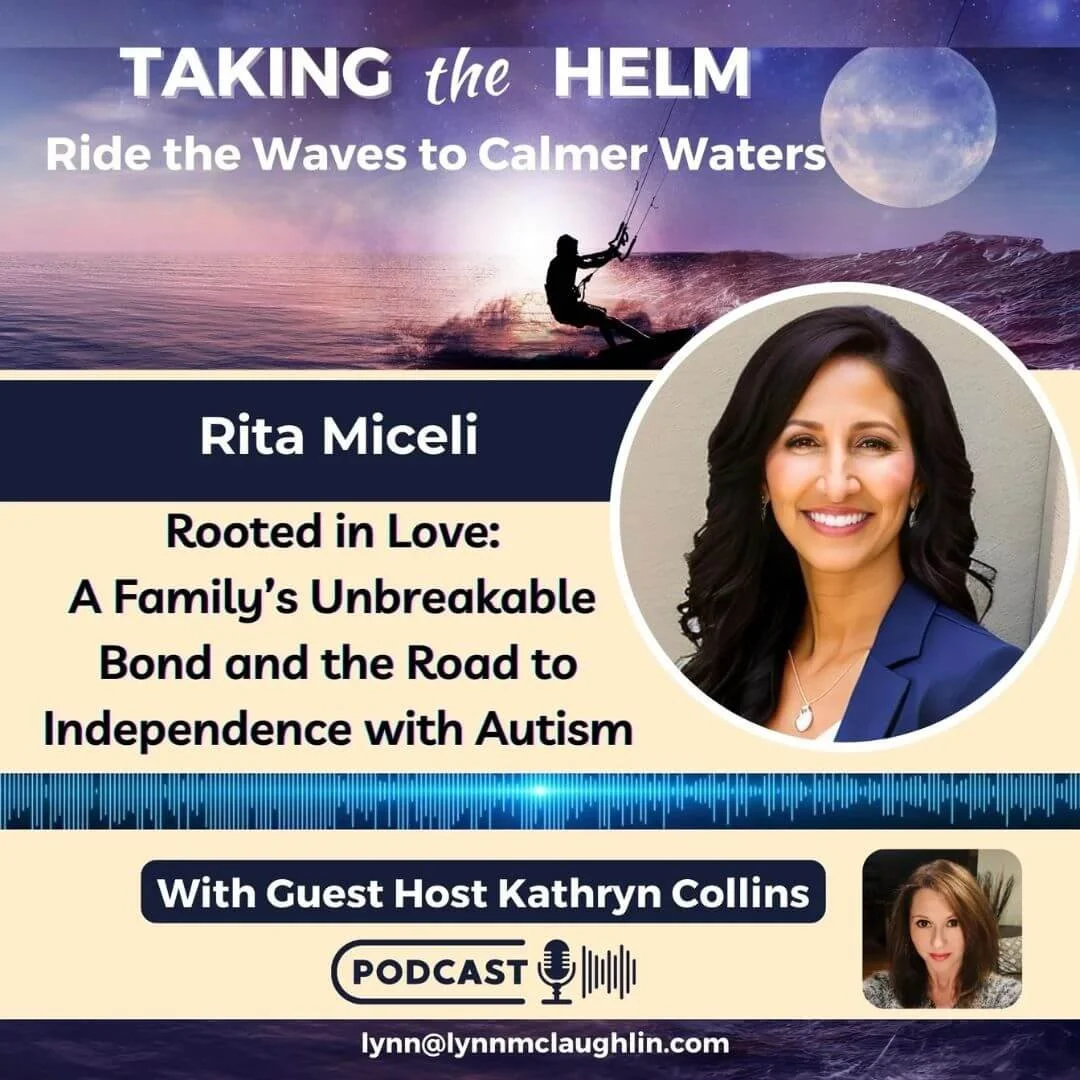
CELEBRATING Our 150th guest! From Classroom to Home | Unlocking Learning for Every Child with Assistive Technology
Assistive technology is more than just a tool—it’s a game-changer for students of all abilities, helping to bridge gaps in learning and create equitable opportunities.
Erin Plumb is a leader in assistive technology with 20+ years of expertise in accessibility, accommodations, and inclusion. Passionate about accessibility, she advocates for equitable education and empowers educators to adopt best practices in assistive technology, shaping a more inclusive future.
Key Points:
💥 What is assistive technology?
💥 Why is it so important globally in this digital world?
💥 Reading, Writing, Math and STEM programs (Text Help Read and Write, Equatio as examples)
💥 What are the pros and cons of using tech in the classroom? How does it support educators, inclusivity and those with special needs?
💥 What programs or apps can we use to access books and resources that are already formatted?
💥 Tips for parents on how to choose and use the right apps/tools.
💥 AI is here to stay. How do we embrace it safely in schools?
💥 What will assistive tech look like in the future and how should we support educators with universal design for learning?
We are celebrating our 150th guest with Erin Plumb!
Assistive technology is more than just a tool—it’s a game-changer for students of all abilities, helping to bridge gaps in learning and create equitable opportunities.
Erin Plumb is a leader in assistive technology with 20+ years of expertise in accessibility, accommodations, and inclusion. Passionate about accessibility, she advocates for equitable education and empowers educators to adopt best practices in assistive technology, shaping a more inclusive future.
Key Points:
💥 What is assistive technology?
💥 Why is it so important globally in this digital world?
💥 Reading, Writing, Math and STEM programs (Text Help Read and Write, Equatio as examples)
💥 What are the pros and cons of using tech in the classroom? How does it support educators, inclusivity and those with special needs?
💥 What programs or apps can we use to access books and resources that are already formatted?
💥 Tips for parents on how to choose and use the right apps/tools.
💥 AI is here to stay. How do we embrace it safely in schools?
💥 What will assistive tech look like in the future and how should we support educators with universal design for learning?
Erin shares a written synopsis and resource links for many organizations that support Assistive Tech worldwide. Click here.
Subscribe from your the platform of your choice
Beyond Boundaries: How Brain-Computer Interfaces Are Transforming Possibilities for Kids
Dr. Christine Daigle is a child and adolescent clinical neuropsychologist and clinical psychologist whose work includes brain-computer interface, translating brain signals into commands to control technology.
She's been doing children's psychology for 17 years, specializing in developmental disabilities, autism, learning challenges, and mental health.
Key points.
💥 Conditions that affect your brain also affect your life.
💥 What is Brain Computer Interface or BCI?
💥 Noninvasive headsets are being researched for children with neuromotor disorders, most of who are nonverbal. Children who have limited motor capabilities learn to use something in their environment.
💥 Imagine a child at home or in school making a character in a video game jump with their thoughts! With a few sessions of 20 minutes of training, students can turn their lights on and off, turn the pages of a virtual book, start and stop a motorized wheelchair, and more.
💥 Research is now being done in classroom environments with tremendous potential for independence, play, socialization, and inclusion.
💥 Anything that can be done with a switch adaptor can be done with a BCI. Communication is beginning to be researched with great potential using headsets.
💥 A current research study is underway. Can the headsets work in classrooms with noise, distraction, and movement? They are working in the current trials.
💥 What are the challenges?
Dr. Christine Daigle is a child and adolescent clinical neuropsychologist and clinical psychologist whose work includes brain-computer interface, translating brain signals into commands to control technology.
She's been doing children's psychology for 17 years, specializing in developmental disabilities, autism, learning challenges, and mental health.
Key points.
💥 Conditions that affect your brain also affect your life.
💥 What is Brain Computer Interface or BCI?
💥 Noninvasive headsets are being researched for children with neuromotor disorders, most of who are nonverbal. Children who have limited motor capabilities learn to use something in their environment.
💥 Imagine a child at home or in school making a character in a video game jump with their thoughts! With a few sessions of 20 minutes of training, students can turn their lights on and off, turn the pages of a virtual book, start and stop a motorized wheelchair, and more.
💥 Research is now being done in classroom environments with tremendous potential for independence, play, socialization, and inclusion.
💥 Anything that can be done with a switch adaptor can be done with a BCI. Communication is beginning to be researched with great potential using headsets.
💥 A current research study is underway. Can the headsets work in classrooms with noise, distraction, and movement? They are working in the current trials.
💥 What are the challenges?
Subscribe from your the platform of your choice
DR. JOHN FREER | BREAKING DOWN ATTITUDINAL BARRIERS TOWARDS DISABILITY IN EDUCATIION
Dr. John Freer grew up as a struggling student and is passionate about sharing his experience and ongoing research on the attitudes of people toward those with disabilities, social inclusion, disabilities in education and much more.
In a recent study of grade 4 students, which is continuing, Dr. Freer found that most of the students have already adopted a deficit view of disability. He has also developed the Tripartite Intervention for students, a 12-week program addressing how we feel about disabilities, how we act towards individuals with disabilities, and the thoughts and stereotypes already developed.
John is a Professor in the School of Community Studies at St. Clair College in Windsor, Ontario. He is the coordinator of the Educational Support program and helps to train students interested in pursuing a career in special education. He is also an Adjunct Assistant Professor in the Faculty of Education at the University of Windsor, where he teaches primarily in the areas of educational psychology and special education.
Dr. John Freer grew up as a struggling student and is passionate about sharing his experience and ongoing research on the attitudes of people toward those with disabilities, social inclusion, disabilities in education and much more.
In a recent study of grade 4 students, which is continuing, Dr. Freer found that most of the students have already adopted a deficit view of disability. He has also developed the Tripartite Intervention for students, a 12-week program addressing how we feel about disabilities, how we act towards individuals with disabilities and the thoughts and stereotypes already developed.
John is a Professor in the School of Community Studies at St. Clair College in Windsor, Ontario. He is the coordinator of the Educational Support program and helps to train students interested in pursuing a career in special education. He is also an Adjunct Assistant Professor in the Faculty of Education at the University of Windsor, where he teaches primarily in the areas of educational psychology and special education.
https://scholar.google.com/citations?hl=en&user=-DfrsmEAAAAJ&view_op=list_works&sortby=pubdate
Subscribe from your the platform of your choice







